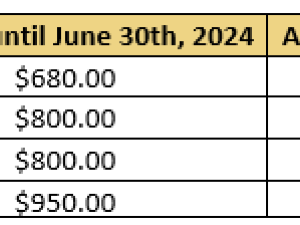Maersk Line consumes around 10 million tons of bunker fuel each year. Its annual fuel bill, around $6.5 billion at current prices, fluctuates with the volatile oil market.
"There is a lot of attention on biofuels for cars and airplanes," Jacob Sterling, head of climate and environment at Maersk Line told Reuters. "There is a much bigger market out there for low-grade biofuels than people think."
"Because bunker fuel is a big part of our expenses, and it's been increasing in price and increasing in volatility, we need to look at alternatives," he said in an interview.
Sterling said biofuels derived from straw residue or agricultural waste were good choices, because their impact on land use is limited and the fuel would not have to be refined as much for ship engines as it would for cars or airplanes.
"We are looking for potential suppliers of biofuels. We have been testing quite a bit now, and if the right supplier is there we are ready to scale up at the right price," Sterling added.
Container vessels have large engines and use low-grade bunker for long hauls. They will switch to higher-grade diesel to make difficult maneuvers or when entering ports.
From Test to Use
The quest for alternatives to bunker fuel is also being driven by international shipping regulation for ships to limit their harmful emissions of sulphur oxide (SOx), Sterling said.
There is also a push for international maritime to reduce emissions of carbon dioxide (CO2), a potent greenhouse gas widely blamed by scientists for accelerating global warming.
Maersk has been testing a variety of biofuels over the past two years, including rapeseed oil and algae.
But biofuels made from European rapeseed or imported palm oil and soybeans have little environmental benefit, because of their impact on land use and the energy intensity required for converting the crops to fuel, Sterling said.
Meanwhile, fuel derived from algae, which Maersk has been testing with the U.S. Navy, is 25 times more expensive than bunker fuel's current rate of about $700 a tonne.
Diesel generally costs $300 per tonne more than bunker fuel, because it is higher in quality and has a lower content of sulphur oxides (SOx).
Demand for diesel could double in the next three years, because of international maritime regulation on pollution, Sterling said.
Ships entering designated sensitive areas in North America and northern Europe will be forced to cut the maximum permissible SOx content of fuel to 0.1 percent in 2015 from 1.0 percent today.
"We hope to see over the next two to five years some examples of biofuels that are priced between diesel and bunker fuel," Sterling said. (Reuters)








